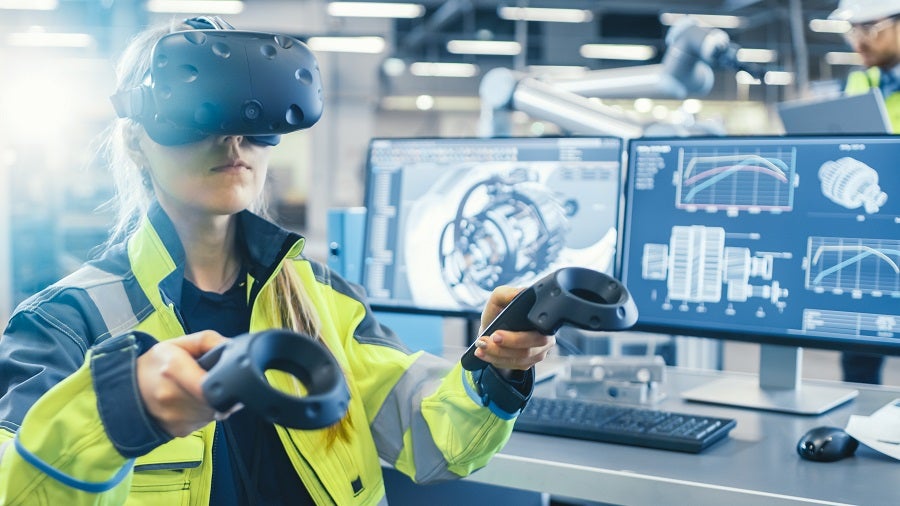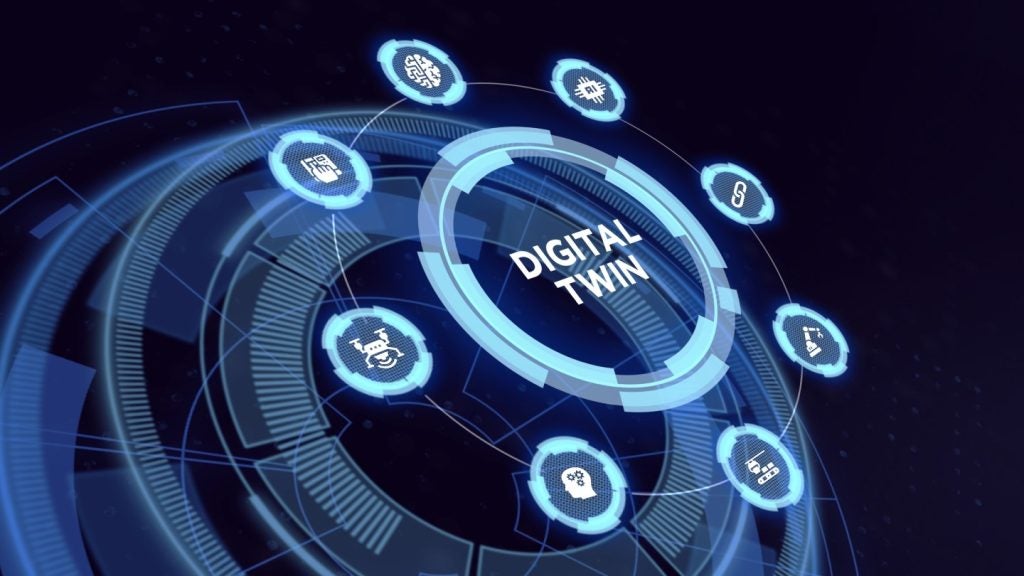
Industry 4.0 technologies such as robotics, the metaverse, AI, industrial internet, 3D printing, and more have the capacity to disrupt the entire manufacturing value chain, streamlining it, and increasing collaboration, operational efficiency, and supply chain resilience. However, manufacturing companies have been traditionally slow to adopt new technologies.
The metaverse will overhaul ways of working. Roy Amara, an American researcher and scientist, said “we tend to overestimate technology’s potential in the short term and underestimate it in the long term.” This will be true of investment in the metaverse in manufacturing. GlobalData predicts that the metaverse will be a $600-plus billion opportunity by 2030 and will revolutionize the manufacturing industry.
The metaverse is still largely conceptual
The hype around the metaverse is largely focused on consumer applications, but enterprises will lead the charge by 2030. Many enterprises in the manufacturing sector are transitioning to the metaverse with investments in technologies like digital twins, augmented reality (AR), and virtual reality (VR).
Manufacturing enterprises will realize a range of benefits from the metaverse, including remote collaboration for workplace training, the 3D visualization of factory floors for operational efficiency, and also numerous marketing opportunities. With that said, many of these use cases are only prototypes now. But the maturity of the metaverse and its use cases will disrupt the manufacturing sector by 2030, with companies like retail, automotive, and beverages being some of the first to experience it.
Management and monitoring in the metaverse
The management and monitoring of factories themselves will become much more data-driven. IoT sensors and the industrial internet will help the infrastructure to collect business and operational data will be used to create insights at every level of operation.
Running a factory in the metaverse will enable executives to have visual access to every facility in operation with a full range of business and operational data. Leaders will be able to view their business holistically, allowing for new modes of exploration into operational insights at every level of operation, including employee and machine management. Engineers will also be able to monitor performance, spot issues, and repair problems remotely.
How well do you really know your competitors?
Access the most comprehensive Company Profiles on the market, powered by GlobalData. Save hours of research. Gain competitive edge.

Thank you!
Your download email will arrive shortly
Not ready to buy yet? Download a free sample
We are confident about the unique quality of our Company Profiles. However, we want you to make the most beneficial decision for your business, so we offer a free sample that you can download by submitting the below form
By GlobalDataEarly use cases are emerging
AR, VR, and digital twins are key technologies driving the metaverse. Some companies are investing in these technologies to improve manufacturing, but there is no widespread adoption yet.
Automakers such as Bentley and BMW are already using NVIDIA’s Omniverse to create digital twins of their vehicle manufacturing facilities. BMW claims this initiative has reduced production planning time substantially. Likewise, Boeing is reportedly working with Microsoft to use the metaverse to design aircraft, improve aircraft engineering, and prevent manufacturing issues. While large enterprises legitimize the metaverse, developing use cases will allow more small and medium-sized enterprises to enter the theme by 2030.






Related Company Profiles
NVIDIA Corp